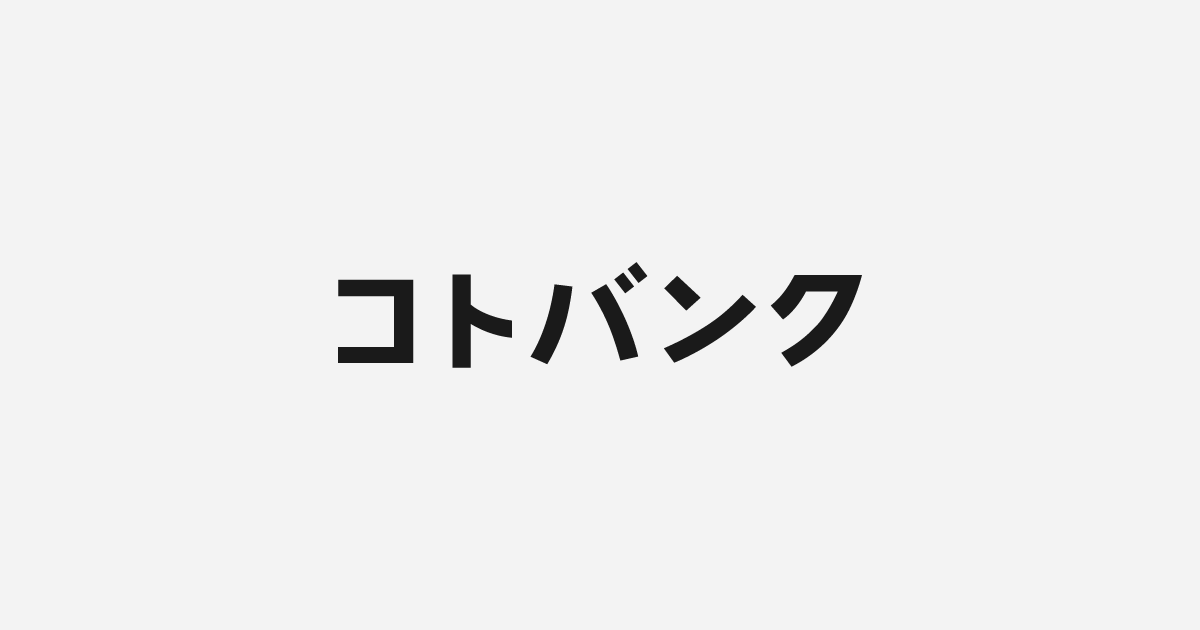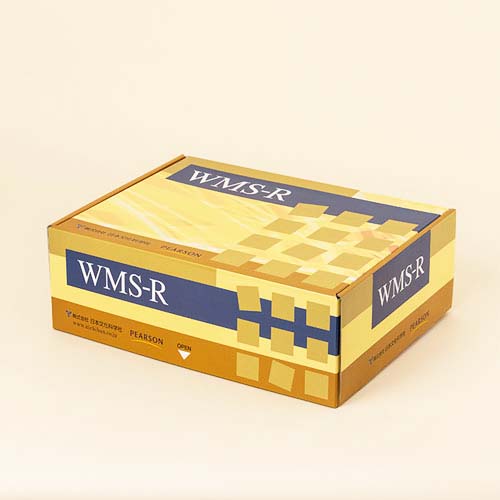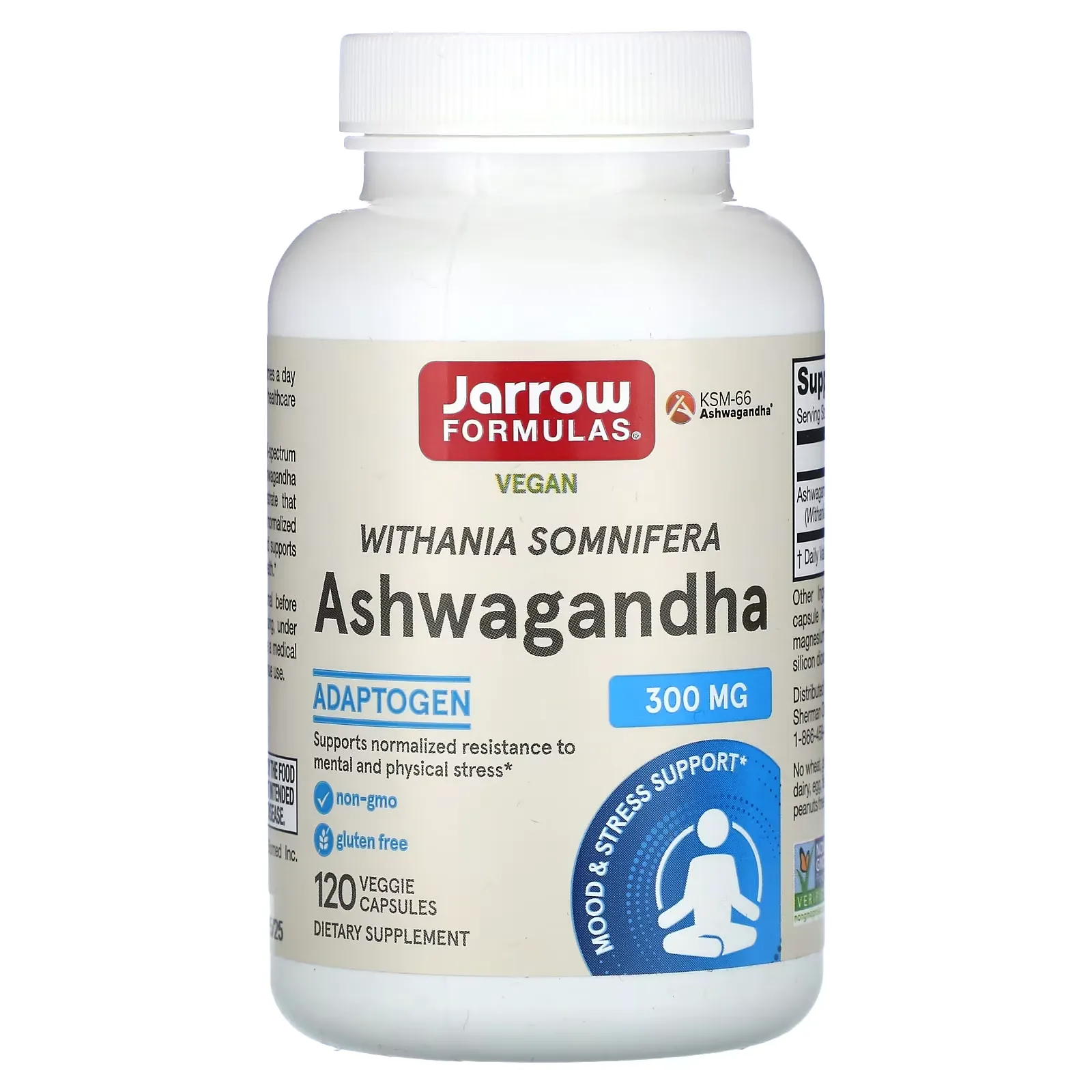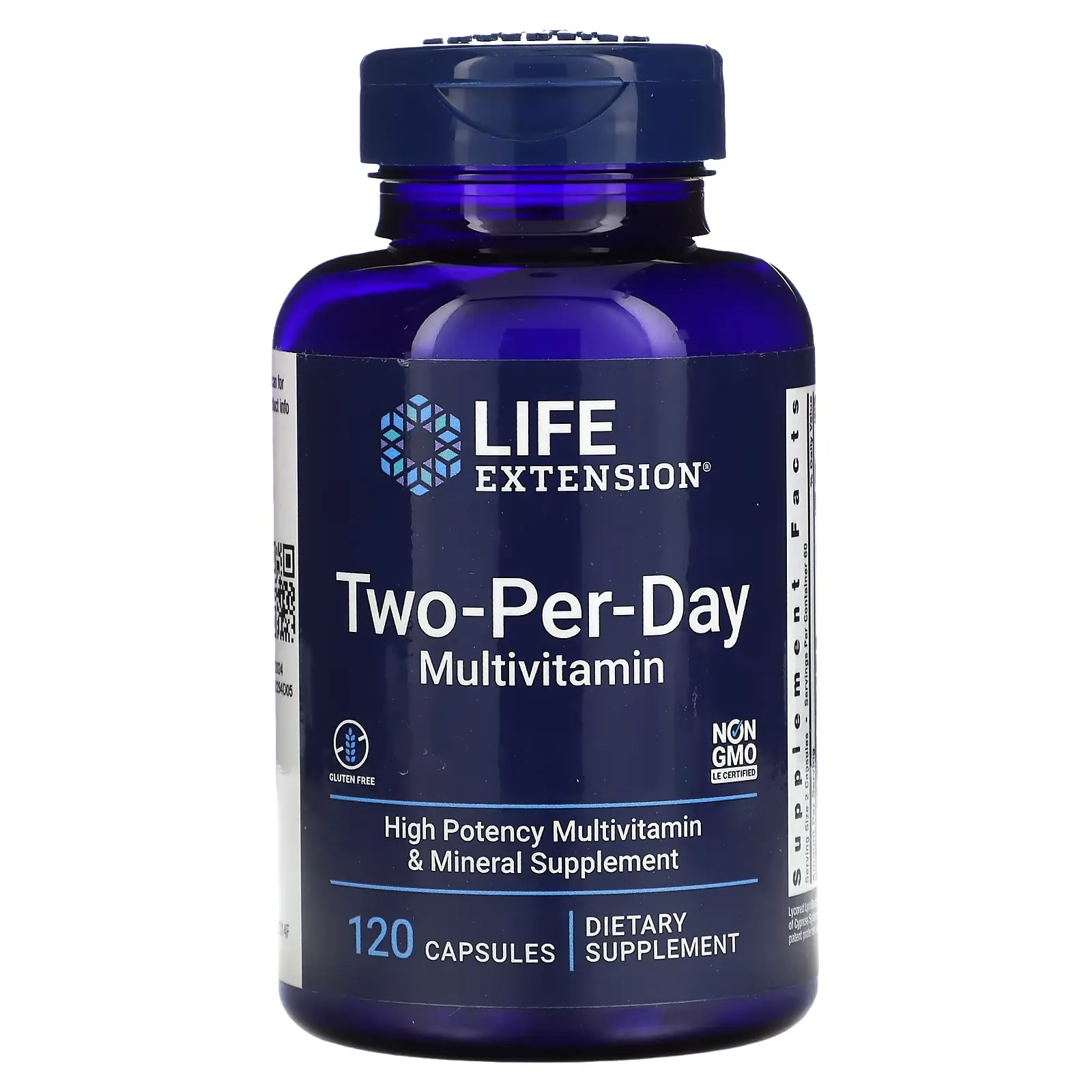Spoiler alert: Brain function improved by ashwagandha
- short-term memory
- long-term memory
- executive functioning
- Sustainedattentiveness
- information processing speed
."ashwagandha (type of Indian cactus) memorySearch by."
'It's frustrating to be so slow-witted."
He said, "I'm seriously struggling with forgetfulness.memoryoffer up (incense, a prayer, etc.) to the gods (or Buddha, etc.)supplementI'm looking for."
In everyday life, such as work and study.memoryI am sure there are those who are suffering from low brain power and slow thinking.
Or rather, I am exactly that.
In this study,ashwagandha (type of Indian cactus)indicates certainty, emphasis, etc.brain functionI will tell you about a study that improved the
If you are reading this article right now and you are having problems with your own head spinning, please read this article.
ashwagandha (type of Indian cactus)Perhaps you can make your daily brainwork a little easier than it is now through the ingestion of
Study: Does Ashwagandha improve mild cognitive impairment?
This time it was presented in 2017.."ashwagandha (type of Indian cactus)Efficacy and Safety of Root Extracts in Improving Memory and Cognitive Function in."Here is a study that shows that
In this pilot study (pilot study)mild cognitive impairment(Mild Cognitive Impairment.reference) in improving memory and cognitive function in adults,ashwagandha (type of Indian cactus)The study examines the efficacy and safety of
Adult patients with mild cognitive impairment, whomemoryandcognitive abilityImprovement ofashwagandha (type of Indian cactus)is to find out if it is effective and if it is safe.

Since ancient times,ashwagandha (type of Indian cactus)is in Ayurveda, a traditional Indian medicine,memoryandcognitive abilityIt has been used to improve the
In this experiment,ashwagandha (type of Indian cactus)This study scientifically examines whether mild cognitive impairment can really be improved through the intake of
Research Outline
- Research Period8 weeks
- research participant: 50 patients with mild cognitive impairment
- amount of intake600 mg daily (300 mg twice daily)
At 600 mg per day, the intake is on the low side.
In this study, the following methods were used primarilyashwagandha (type of Indian cactus)Measure the effectiveness of the
Example of measurement method
- memoryWMS-R Wechsler Memory Test
- attentivenessFlanker assignment
- cognitive abilityWisconsin Card Sorting Test
- attentivenessExecution CapabilityTrail Making Test



The function of the frontal lobe of the brain, thebrightnessSo the test evaluates the
Click here for more information on cognitive function.

There are many definitions for so-called "smartness".
This is only for the purpose of this section.memoryand ... andattentivenessand comprehension.
Study results: effective in improving cognitive ability and memory and attention span.
Through this study, the researchers made the following findings
Study Results
- ashwagandha (type of Indian cactus)is short-term for people with mild cognitive impairmentmemoryand long-termmemoryImprovement of the
- Execution function and sustainableattentivenessMay be effective in improving the speed of information processing.
especiallyside effectNo one complained about the
As a result of the aforementioned tests, thebrain functionThe following improvements have been observed with respect to
Brain functions that showed improvement
- short-term memory
- long-term memory
- executive functioning
- Sustainedattentiveness
- information processing speed
Of course, it holds promise not only for people with cognitive impairments, but for the general public as well.
Other studies with similar results
."ashwagandha (type of Indian cactus)and memory capacity andcognitive abilityThere are other research papers and foreign articles on the subject of
■ In Brain Injuryashwagandha (type of Indian cactus)Review of Recent Developments
■ To improve cognitive dysfunctionashwagandha (type of Indian cactus)A systematic review of the clinical use of
■ashwagandha (type of Indian cactus)The ganodermic potential of the leaves of the "L. japonicus" plant: beyond traditional root extracts.
■ashwagandha (type of Indian cactus)The combination of leaf extracts of the oxidized brain-derived cells ofstressProtects against and induces differentiation of
■Brain Health.ashwagandha (type of Indian cactus)Experimental evidence of its neuroregenerative activity

This article is in English. Please use your browser's translation function.
Manager's Comments
So far, "ashwagandha (type of Indian cactus)And it made me smarter!" I'm afraid I've been talking about a study that
"That's funny.ashwagandha (type of Indian cactus)I'm supposed to be taking 300 mg twice a day, but I'm not.memoryIt's not going up...?"
I have to admit that I am not sure...it depends on the person, probably....
memoryin Tokyocognitive abilityissleepand lifestyle, including diet, can make a big difference, so maybe other factors are getting in the way....
Summary: Effective in improving brain function.
Let's close the article with a review.
The researchers in this experiment are,ashwagandha (type of Indian cactus)The following is a summary of the impact that the Mild Cognition Award has had on people with
Improvement and enhancement seen in patients with mild dementia after administration of ashwagandha
- short-term memory
- long-term memory
- executive functioning
- Sustainedattentiveness
- information processing speed
I feel like there's a blur on my head..."
More."memoryI want to have..."
I want to use my brain at full power..."
If you are a person who is interested inashwagandha (type of Indian cactus)Try the
Although this is a small-scale experiment, if the results of this research study are correct, the head andmemoryimprovement may be expected.
Of course, one's usual lifestyle and eating habits are also important.
That's all for this article. Thanks for reading all the way to the end!
Disclaimer
This site is primarily intended toashwagandha (type of Indian cactus)to provide information about the results of the study and not to provide medical advice.
It is not intended to diagnose, treat, or prevent any specific disease or condition.
Always follow professional advice when using the information on this site.
We also cannot be held responsible for any loss or damage that you may suffer as a result of acting on the basis of the information on this site.
- Efficacy and Safety of Ashwagandha (Withania somnifera (L.) Dunal) Root Extract in Improving Memory and Cognitive Functions
- What is Pilot Study - Kotobank
- WMS™-R Wechsler Memory Test | Test Details | Psychological Testing | Nippon Cultural Science Inc.
- Flanker Task (Conflict Task) - Cognitive Psychology of Education and Society
- Frontal Lobe Cognitive Test Software "WCST" - Fatima Corporation
- Trail Making Test (TMT) - Study channel
- Frontal lobe - Brain Science Dictionary
- Types of Cognitive Functions and Their Characteristics | Dementia.net
- Cognitive function | e-Health Net (Ministry of Health, Labour and Welfare)
- Ashwagandha in brain disorders: A review of recent developments
- A systematic review of the clinical use of Withania somnifera (Ashwagandha) to ameliorate cognitive dysfunction
- Nootropic potential of Ashwagandha leaves: Beyond traditional root extracts
- Combinations of Ashwagandha Leaf Extracts Protect Brain-Derived Cells against Oxidative Stress and Induce Differentiation
- Ashwagandha for Brain Health: Experimental Evidence for Its Neuroregenerative Activities
![[Supplement] Research shows that ashwagandha improves memory and cognitive ability [both short-term and long-term memory are improved].](https://ashwagandha-lab.biz/wp-content/uploads/2021/05/Supplement-Research-shows-that-ashwagandha-improves-memory-and-cognitive-ability-both-short-term-and-long-term-memory-are-improved.webp)




![[Supplement] Research shows that ashwagandha improves memory and cognitive ability [both short-term and long-term memory are improved].](https://ashwagandha-lab.biz/wp-content/uploads/2021/05/Supplement-Research-shows-that-ashwagandha-improves-memory-and-cognitive-ability-both-short-term-and-long-term-memory-are-improved-300x169.webp)